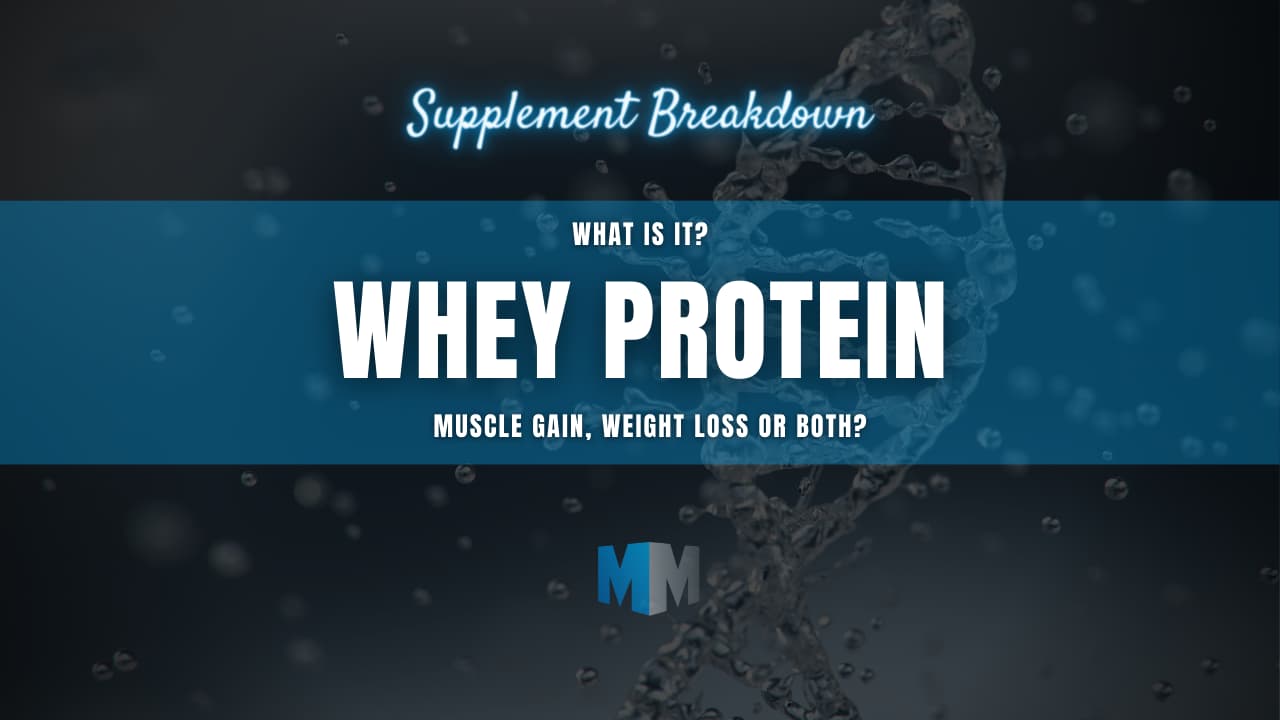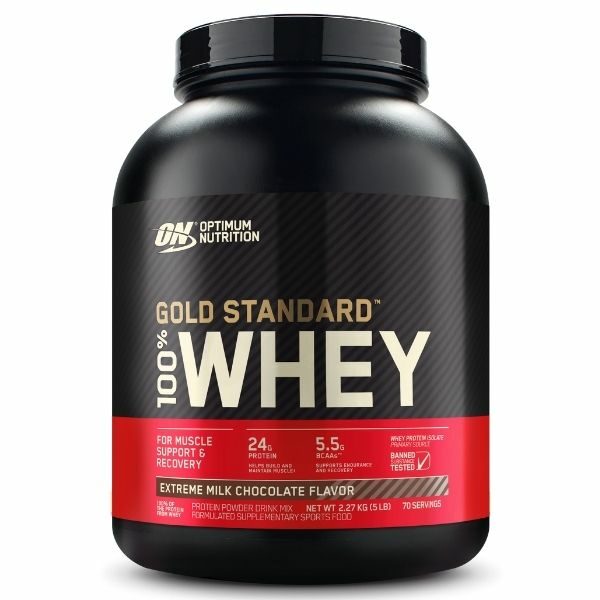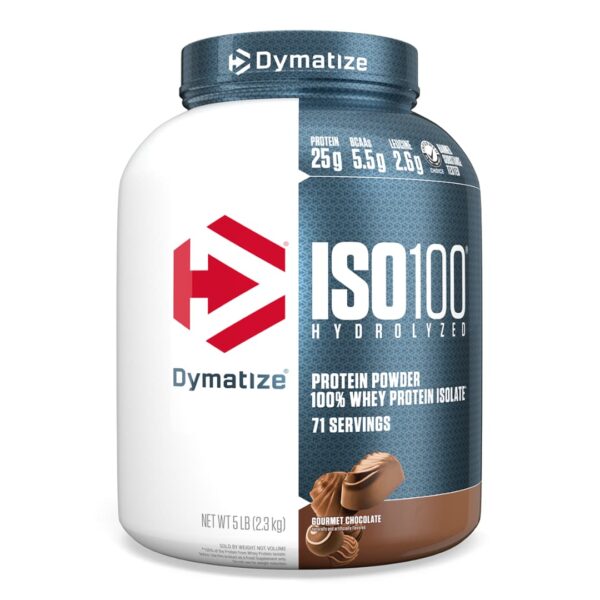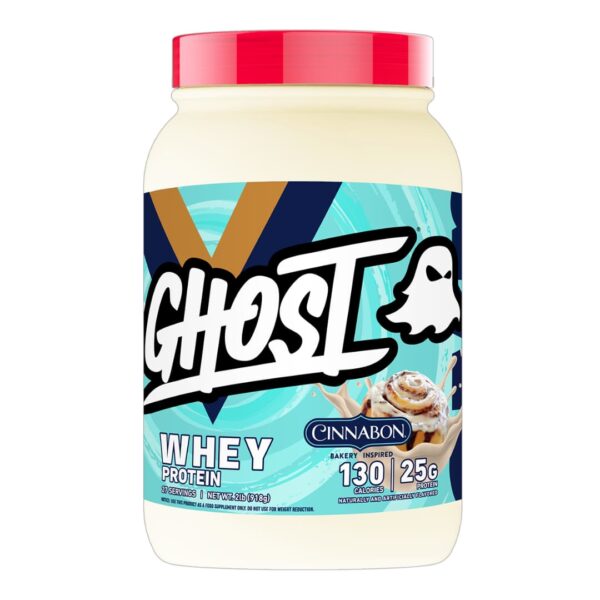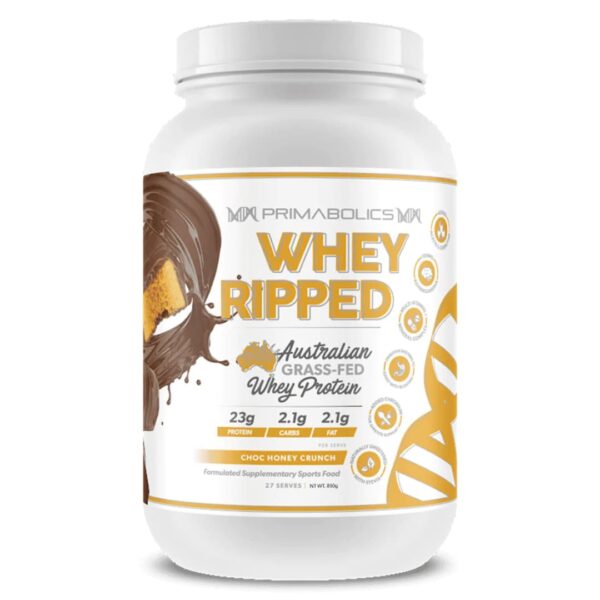WHAT IS WHEY PROTEIN?
Whey protein is undoubtedly the most common & popular sport supplement used by all fitness enthusiast. Commonly alongside resistance training, to help improve muscle protein synthesis and promote the growth of lean muscle mass.
Whey Protein is a fast digesting source of protein, it’s a mixture of proteins isolated from whey, which is the liquid part of milk that separates during cheese production.
THE 3 TYPES OF WHEY
Whey Protein is commonly found & sold in 3 different types: Whey Protein Isolate (WPI), Whey Protein Concentrate (WPC) & Whey Protein Hydrolosate (WPH)
WPI contains a higher percentage of pure protein typically anywhere from 90%-96% protein and are virtually lactose, carbohydrate and fat free. Two separation methods are used to concentrate and purify whey protein to create WPI, namely ion exchange and micro filtration the second of which is less effective in removing the casein fragment, caseino-glycomacropeptide (cGMP).
WPC is arguably the most popular form of protein powder, by nature WPC contains between 70-80% protein per gram along with higher levels of lactose, fat and biological compounds. On a gram for gram basis WPC contains less protein than WPI however it is more in-tact and contains higher levels of growth factors like IGF-1, healthy fats such as conjugated linoleic acid (CLA) and higher levels of immunoglobulins to support immune function.
WPH is essentially a ‘pre-digested’ protein that requires another step in the manufacturing process, making it the most expensive of all 3 types. The human digestive system hydrolyses most proteins before they can be absorbed in the body so by mimicking this process through manufacturing means WPH require less digestion as there is virtually no fat or sugar, unfortunately this also means it has the least appealing flavour and contains very few biological compounds.
WHAT DOES IT DO/WHY USE IT?
Whey Protein in any form is useful for increasing daily protein intake and stimulating muscle protein synthesis (MPS) which can result in a variety of performance and health related benefits, including:
- lean muscle gain
- weight loss
- recovery
- meal replacement shakes
- morning smoothies
- healthy recipe ingredient
WHEN DO I TAKE IT?
Highly versatile and can be taken at any time of the day when you need a pure, high quality source of protein and calories. Typically most bodybuilding protein products will contain between 22-25 grams of protein per 30 gram serving size depending on the quality of the product.
Whey spikes leucine and muscle protein synthesis 30-60 minutes after ingestion, therefore to maximise post workout recovery approximately 30-60 grams of whey should be consumed immediately following a workout or training session.
Daily protein targets can be achieved through whole food dietary protein alone, the amount of supplemental whey protein in the diet will depend on individual goals, some guideline are as follows.
Bodybuilding/Strength/Fitness athletes losing body fat whilst maintaining muscle mass.
Daily intake of 1.5-3 grams per kilogram of bodyweight.
Bodybuilding/Strength/Fitness athletes maintaining body fat whilst increasing muscle mass.
Daily intake of 1.5-2 grams per kilogram of bodyweight.
General Population/ Sedentary individual attempting to lose body fat.
Daily intake of 1-2 grams per kilogram of bodyweight.
WHICH ARE THE BEST PRODUCTS?
We’ve put together the top 4 whey based protein powders based on Quality, Value for money, Taste & General Feedback!


